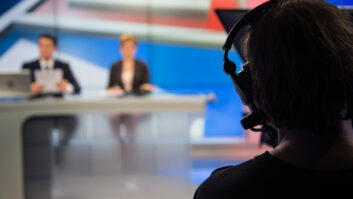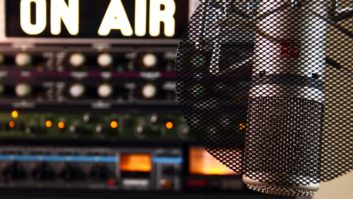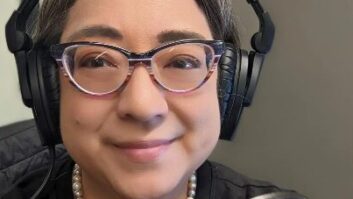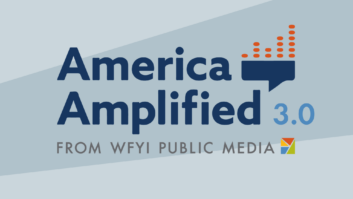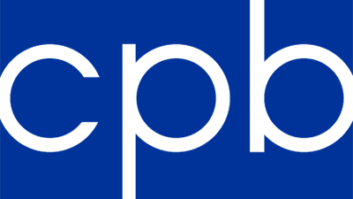The author is membership program director of the National Federation of Community Broadcasters. NFCB commentaries are featured regularly at radioworld.com.
The reaction to protecting noncommercial broadcasting is a reminder of why it matters.
My Radio World column on the Corporation for Public Broadcasting is the most controversial thing I’ve written on the matter of media. That should not come as a surprise. Taxpayer funding of public education, Social Security and all manner of services have been in the middle of debates often over the last two generations. It is no shock that noncommercial radio and television come under scrutiny as well.
With a change of administrations, feuds over whether the United States federal government should maintain its responsibility to educational broadcasting have begun anew. Rep. Doug Lamborn of Colorado has, since my previous column, introduced two bills, one defunding CPB and another barring federal grants be used to pay NPR carriage fees. Meanwhile, noncommercial media advocates are ramping up their education efforts to change minds.

Though I believe holding firm to our shared value of educational broadcasting matters, the latest conversations about the issue are wonderful for our democracy. It’s a chance to also dispel myths about what public support for educational broadcasting is all about.
Opponents of America’s promise to noncommercial broadcasting claim it’s time for our nation to abandon educational broadcasting and throw it to the whims of advertisers. Such notions fundamentally misunderstand that, like education and roads, the airwaves are an enduring public trust. Pres. Lyndon Johnson believed the airwaves belonged to the people, and that the United States federal government had an interest in education, using radio and television for this purpose.
The necessity of educational radio and television may correspond to your status today. Pew Research Center data indicates the digital divide persists. As such, merely relying on the web, cable networks and sponsors with a full plate of their own priorities to also be tasked with the role public media and CPB have historically played seems like an undue burden. What’s more, isolating educational media to particular channels hurts the people it is aimed at.
As with anything in a politically tense time, it is not hard to find partisan pettiness. You don’t have to look far for someone who insists CPB shouldn’t be funded due to feelings NPR is liberal, or a guest or podcast sounds liberal. Contrary to the belief of some, however, CPB is not NPR. CPB has no daily editorial control of NPR or its content. It doesn’t determine salaries or hiring at NPR. To burn public funding at the stake over perceived disagreements with NPR is to also incinerate Big Bird, in our popular parlance, but also the arts, culture and music that are signatures of sharing the American experience.
On the flip side of that equation are pockets of community media advocates who believe, essentially, if their station doesn’t get funding, no one should. Not only is this assessment short-sighted, but lacks long-term vision. No one in her or his right mind believes the large public station is going to roll up its tent should defunding come to pass. Instead, they’ll most assuredly become even more organized and assertive in fundraising and in going after audiences on social media, podcasts and online. One does not have to be an economist to see the potential for tremendously damaging and even snuffing out the tiny stations, including low-power community outlets, that have the least and don’t have the same store of resources, talent or savvy. The attrition among small organizations is happening now, but would assuredly scale up.
To their credit, many Republicans and Democrats see the positive impact of educational broadcasting on their communities. In addition, Republican Rep. Tom Cole of Oklahoma is one of many who remark the administration can’t balance the budget on relatively small items like CPB. Cole heads a House subcommittee that oversees over $163 billion in federal spending. Until the new administration is willing to put far larger programs up for review, which it hasn’t yet, Cole told Current he doesn’t see deficit success.
Is CPB perfect? No. Are there issues we can fix? Yes. Pres. Johnson acknowledged detractors of educational media even when he signed the Communications Act into law way back in 1967. “We do have skeptic comments on occasions,” he said. “But I don’t want you to be that skeptic. I do believe that we have important things to say to one another — and we have the wisdom to match our technical genius.” May these conversations about noncommercial radio and television continue, and the nation’s pledge to educational broadcasting live on as well.





